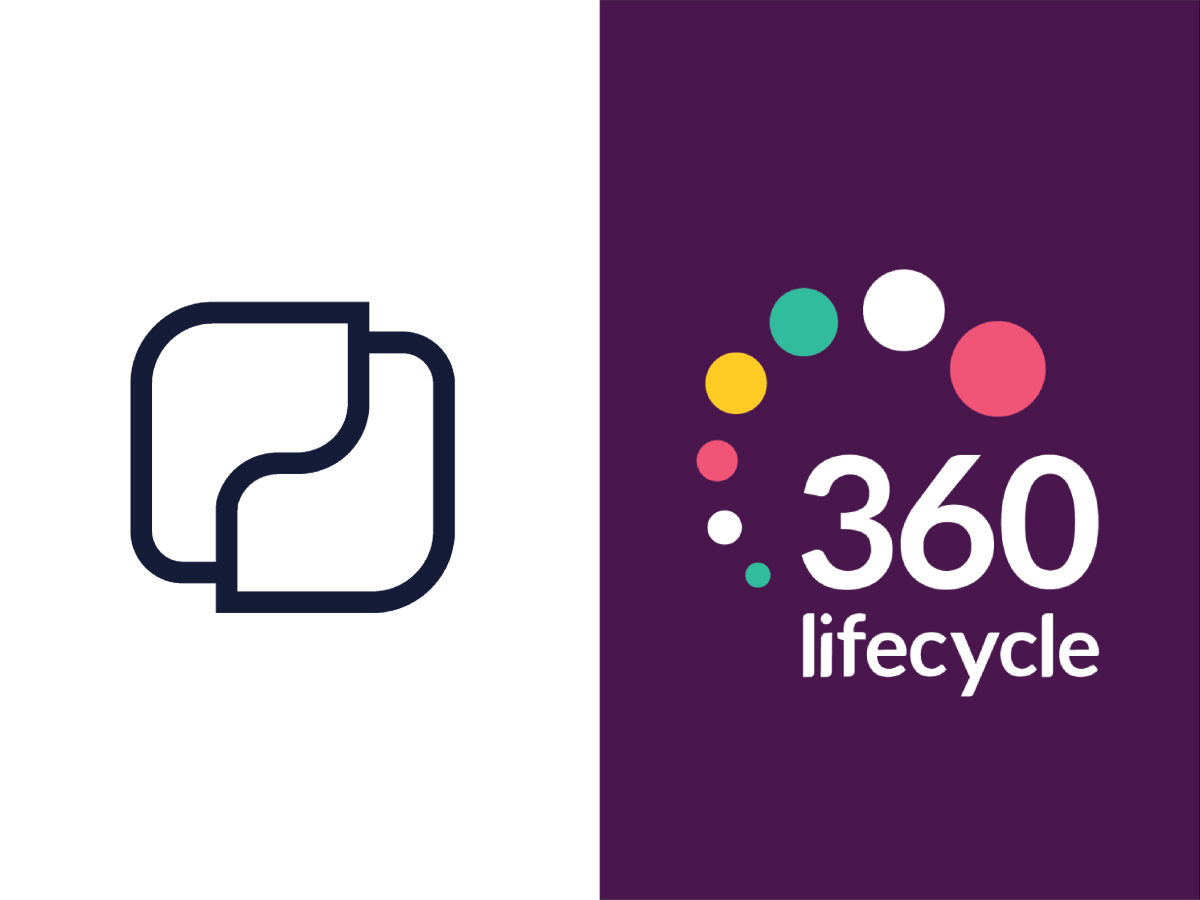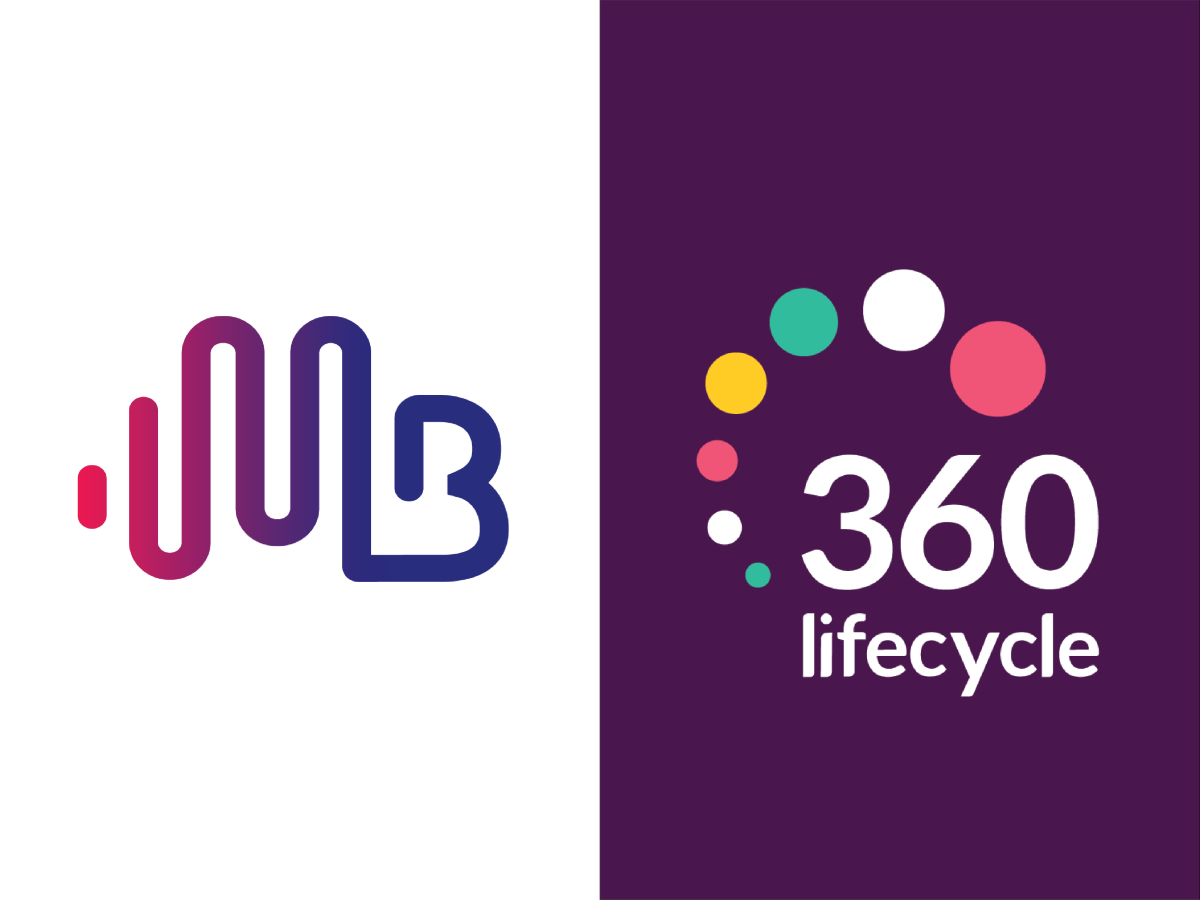
Necessity - the mother of invention in 2020?
It’s old hat at this point to speak about how the pandemic has “changed our way of working”. The UK’s first national lockdown in Spring brought a screeching halt to most business’ day to day activity, and the subsequent advent of home working across huge swathes of the economy has presented some clear challenges.
Before the pandemic, working from home was, of course, becoming more widespread but the vast acceleration of the trend in 2020 has thrown up questions from business leaders; how do they equip their employees to work from home in the most efficient way? What tools do employees need to ensure they’re able to do their job to a high standard? And, vitally, how should those tools perform to meet these needs?
For the mortgage advice sector (and indeed more widely) “tools” is of course a proxy for “technology” here. Again, it’d be disingenuous to suggest that tech solutions weren’t moving in a direction that facilitated more remote working, that trend was already firmly underway. The reality is the pandemic has forced tech providers to create, not only think about new products, it’s also encouraged users to think about these solutions in creative new ways. Necessity is the mother of invention, they say, and it has certainly been necessary to change the way we approach and use technology in our professional lives.
Almost across the board, the businesses that have pivoted most successfully to the “new normal” are those that have deployed smart solutions in an effective manner to directly address their business’ needs. Within the mortgage advice sector specifically, there’s no clearer example of this than how advisers have changed their approach to client management. In January of this year, conducting a meeting via Skype or Teams would be fairly unusual for most and may have been viewed as somewhat unprofessional by others. Now our webcams and screens give us access to our colleagues and clients alike, allowing advisers to put in the leg work needed to maintain those vital relationships. Both client and adviser expectations and behaviours have shifted significantly, and client feedback has been roundly positive on the subject.
Again, this is a shift brought on by necessity. Clients have been forced into thinking about relationships with their advisers differently. Whereas once upon a time some clients (admittedly not all) may have turned their nose up at the idea of a video call with their adviser, they’re now realising the benefits of convenience and efficiency that the channel brings. As such, while some return to face-to-face meetings is likely once the pandemic is controlled, all signs are that there will be drastically less f2f contact across the board.
The isolation inherent in lockdown is perhaps a far more salient aspect of how firms interact with their clients than perhaps many realised initially. Clients may be stuck at home, but their expectations for high quality service hasn’t diminished since the start of the pandemic. If anything, it’s now just harder for advisers to meet these expectations, while they themselves work remotely. More than ever clients need to feel that they can trust their adviser and see clearly that the work they’re paying for is being carried out efficiently and effectively. Client Portals have been a boon in this area. Again, while not wholly new technology, portals allow advisers to share resources and information with clients seamlessly and essentially instantly, allowing materials to flow between both parties smoothly. With strident security measures and the seal of approval from clients, it’s almost impossible to imagine that this technology won’t continue to grow and become more widespread within the sector, even after the pandemic has abated.
Training is another key consideration. Training providers of course have been building the architecture to facilitate remote learning for some time, but the accelerated need for effective training stands to give rise to some interesting innovation in the sector – everything from how interactions with tutors take place, how resources are shared and how work is assessed could see significant changes. This subsequent improvement in the quality of training courses should mean widespread upskilling across the sector, potentially allowing advisers to expand their own capabilities and making qualifications in mortgage advice more accessible to a new generation.
Of course, it’s not only client management that has had to “go remote” but business management too. CRM software is a hugely well-established solution, but the potential applications for the tech are still being discovered, a trend that only stands to be accelerated by the pandemic. No longer do CRM platforms simply track customer interactions and leads. Now, the systems can be used to understand trends among clients and track sales opportunities. They’re a great way of tracking client appetites and concerns, allowing advisers to “get on the front foot” so to speak and proactively offer products, services or solutions that directly address these needs.
Data is power (just ask any Silicone Valley tech giant) and with the expanded offering from many CRM platforms, advisers now have access to their own data pool that can offer hugely valuable insight, both to inform their own activity and to serve as collateral for thought leadership to the wider sector. The latter is a trend seen increasingly among the property agents, who use customer data to product public-facing insights on the state of the markets, thereby underling to potential customers that they’re authoritative and knowledgeable voices. There’s certainly no reason the advice sector can’t emulate this approach. Data is one of the most valuable resources firms have, but how useful that data can be is defined largely by the tools that you use to access and mine insight from it. The sector’s appetites are increasingly shifting in this direction, with providers responding by pushing the envelope in their product development, including at 360 Lifecycle, where we’ve worked to build effective insight and tracking tools into our platform.
Has necessity, then, been the mother of innovation during the pandemic? Well, we’ve certainly seen a number of novel approaches and solutions, formerly on the fringes of our professional life, become much more commonplace and mainstream. Likewise, we’ve seen the products offering from providers reflect a new set of demands from advisers. But rather than being able to point to any huge innovation that’s drastically changed the state of play in 2020, we’ve seen a story of minor adjustments, incremental gains and shifts in mentality, disparate factors which have culminated in a sector actually adjusting very effectively to the “new normal”. Indeed, client demand is still running at incredibly high levels, as buyers and sellers look to capitalise on pent up demand and the government’s stimulus package for the market.
What we’ve seen clearly is that necessity is indeed the mother of innovation, but that innovation doesn’t necessarily mean a shiny new tech solution that’ll revolutionise the way we work. Rather, changes in approach and mentality, approaching existing solutions with a different mindset, can yield incredibly effective results. The industry has shifted remarkably quickly and effectively to the demands placed on it this year and it will fascinating to see how the state of play unfolds once the pandemic is effectively controlled. Judging on the strength of this year so far, the industry is well equipped to continue to evolve into the future.





